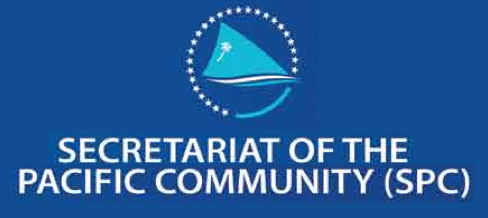More than 70 representatives from women's ministries and national statistics offices from 13 Pacific Island countries discussed how to improve the production and use of gender statistics and other statistics to support national level monitoring and reporting and policy development at a regional workshop organized by Secretariat of the Pacific Community (SPC).
 5 August 2014: During a regional workshop organized by Secretariat of the Pacific Community (SPC), more than 70 representatives from women’s ministries and national statistics offices from 13 Pacific Island countries discussed how to improve the production and use of gender statistics and other statistics to support national level monitoring and reporting and policy development.
5 August 2014: During a regional workshop organized by Secretariat of the Pacific Community (SPC), more than 70 representatives from women’s ministries and national statistics offices from 13 Pacific Island countries discussed how to improve the production and use of gender statistics and other statistics to support national level monitoring and reporting and policy development.
Participants underscored the linkages between statistics and monitoring existing policies, and recommended strengthening statistics to improve development outcomes.
Many Pacific countries lack the capacity to produce gender-disaggregated statistics, and therefore have difficulty identifying and analyzing the different experiences and priorities of men and women. The absence of such statistics then translates into policies that do not reflect gender-specific needs or capture the roles of men and women in addressing issues such as water resources management, according to the SPC.
“Statistics provide decision-makers with critical information on a range of topics from public health to politics to human rights. All these are areas in which women’s and men’s needs and experiences are frequently very different and if you do not gather information with these gender differences in mind, you are not seeing the full picture,” Fiji Government Statistician, Epeli Waqavonovono, stressed in opening remarks.
Participants shared their experiences in collecting data through national censuses. Discussions also focused on, inter alia: identifying data capacity issues and data gaps; and measuring gender and human rights issues, including health, human rights, violence against women, time use and work. Participants also highlighted the importance of increasing understanding of reporting systems for treaties.
SPC convened the workshop in partnership with the UN Statistics Division (UNSD) and the Asian Development Bank (ADB). The Australian Department of Foreign Affairs and Trade (DFAT), UNSD, ADB and the EU funded the workshop, which took place from 4-8 August in Nadi, Fiji. [SPC Press Release]